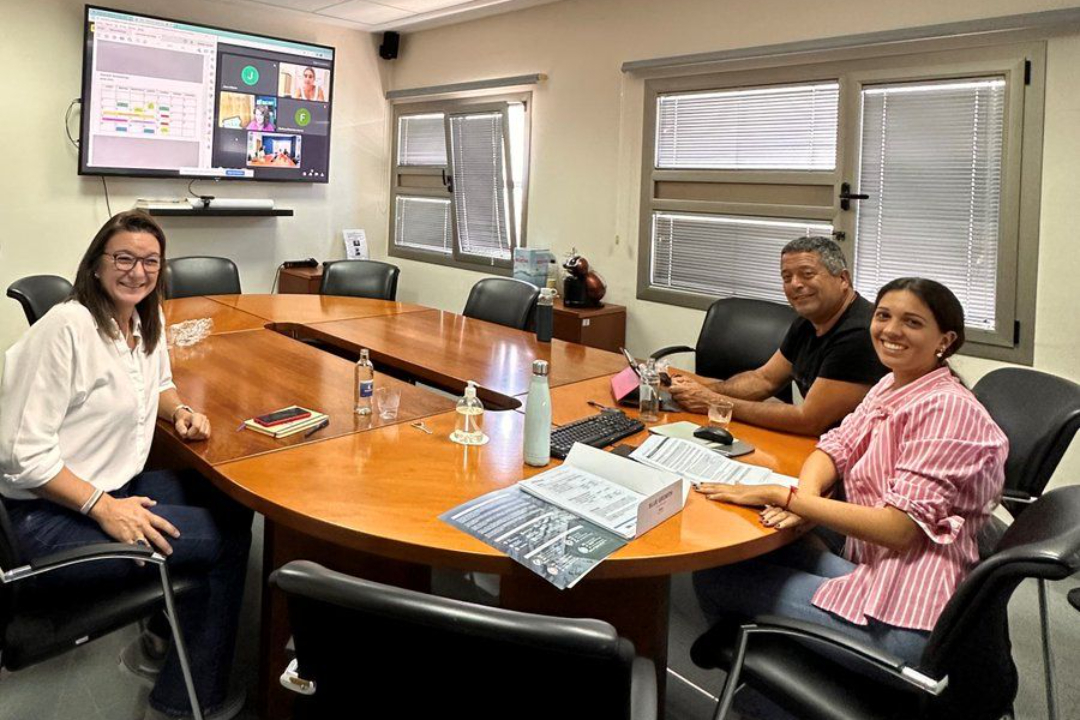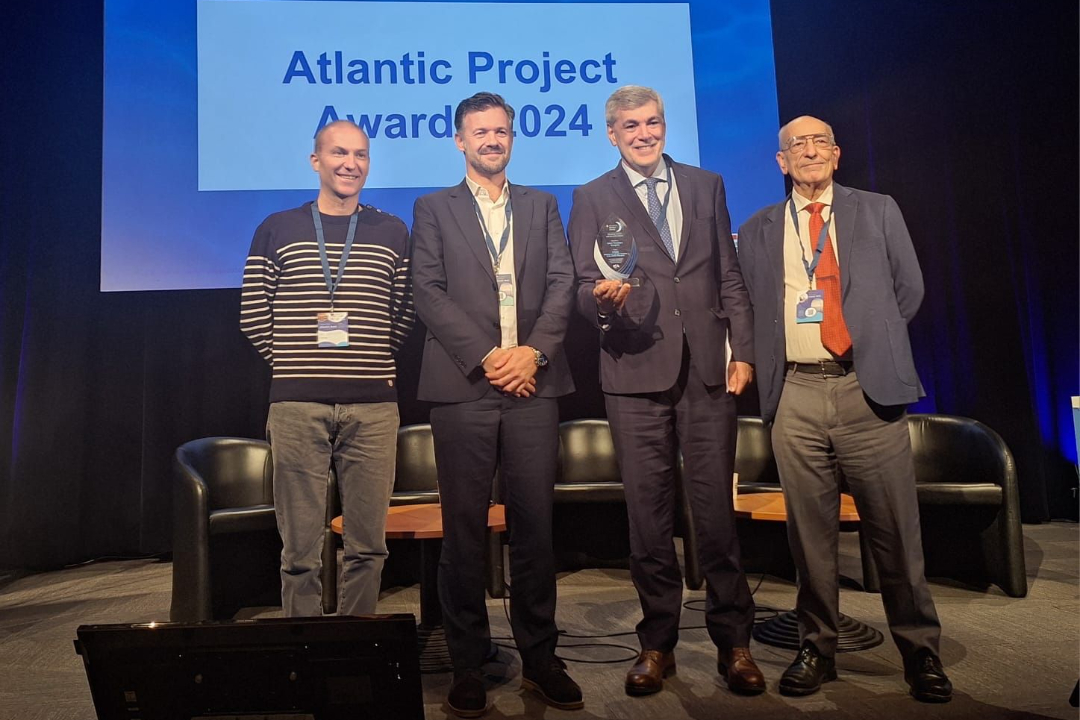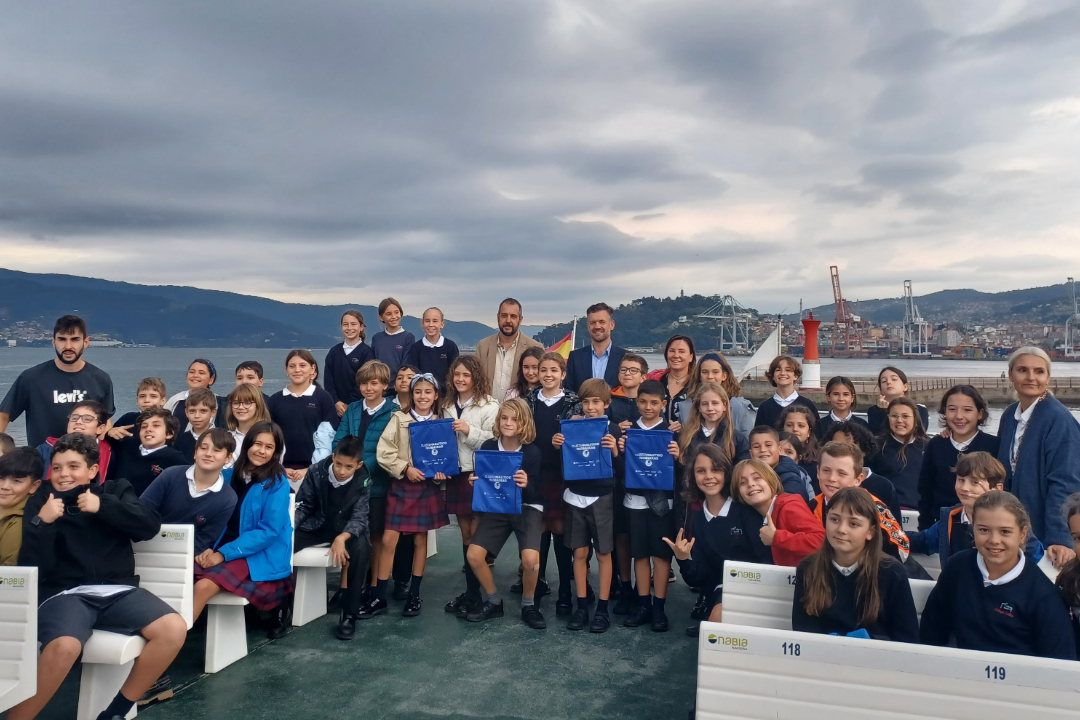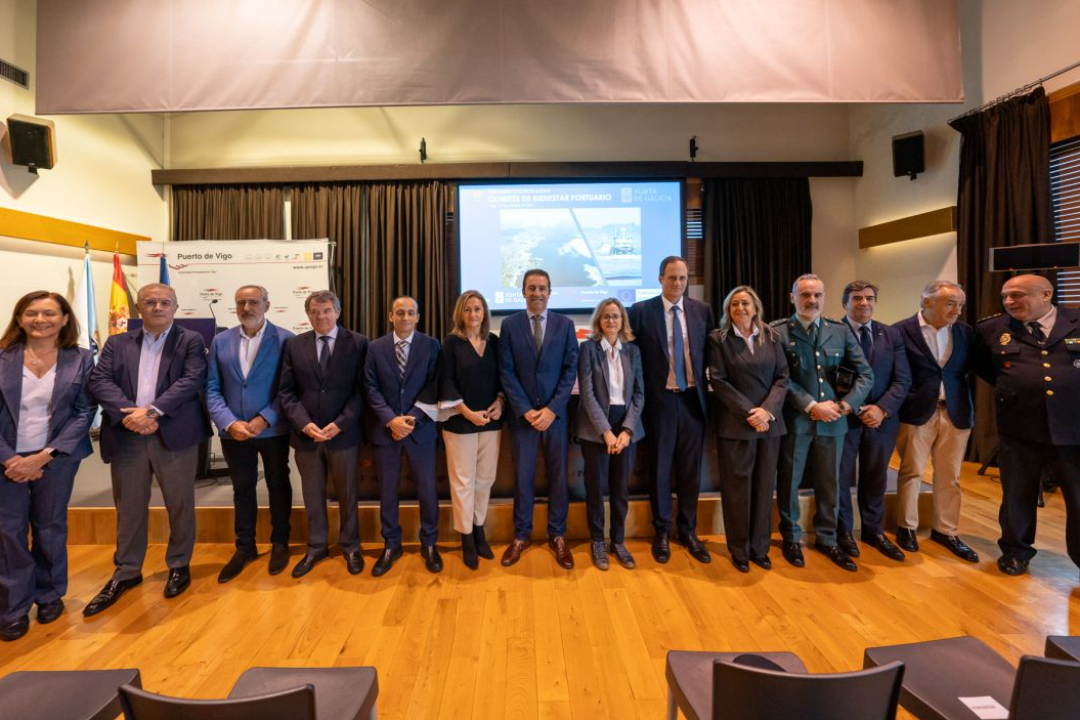The BlueFishing Training project goes a step further to adapt the training actions to the real demand of the sector.
May 8, 2023, 12:00:00 PM

Last week, sectorial
tables were organized to jointly validate the identified elements for each
course or training activity of the BlueFishing Training project and
collaboratively define the modules that will be integrated into each course,
including their content and structure, evaluation tools and systems, teaching
personnel, participant selection criteria, among other relevant aspects.
This activity falls
within the overall objective of the project's 3rd work package, which aims to
design, in a participatory manner, training itineraries for coastal and
deep-sea fishing, as well as for commercialization and port logistics.
Based on the information obtained from the sectorial tables, combined with the data gathered during the capacity diagnosis phase, a Sectorial Cooperation Plan on Capacities in the Fishing Sector will be developed. This plan will establish a framework for collaboration and cooperation, in the medium and long term, among the different stakeholders associated with each sector, while also providing a detailed account of the designed training itineraries.
With this project, funded
by the European Union - NextGenerationEU, the aim is to promote the
competitiveness of the target sectors by providing companies with access to
skilled professionals with market-demanded skills. Additionally, training
centers will be able to obtain direct sector information and reformulate or
propose new training strategies, either in the short term by implementing the
designed training itineraries, or in collaboration with authorities and with
the support of the sectors, to promote the updating of regulated training
programs.
Related projects


